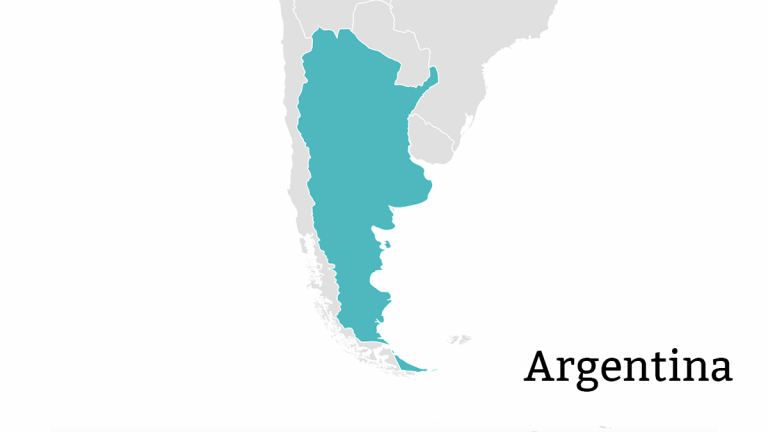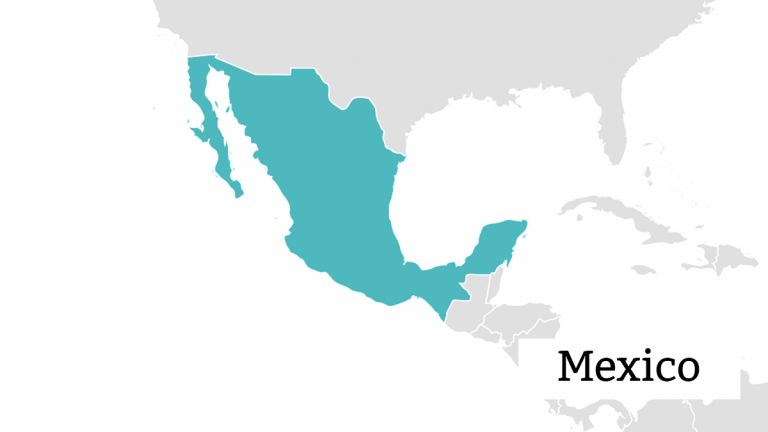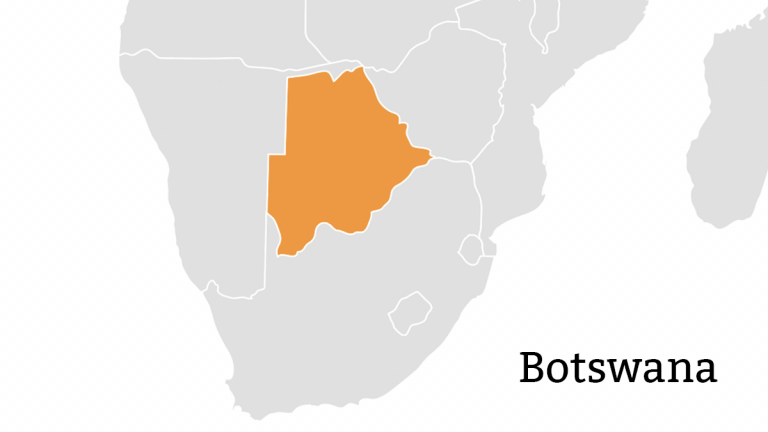
Through participatory policy-making procedures, consumers have been influential in helping to develop the availability, accessibility, and affordability of ICTs in Botswana.
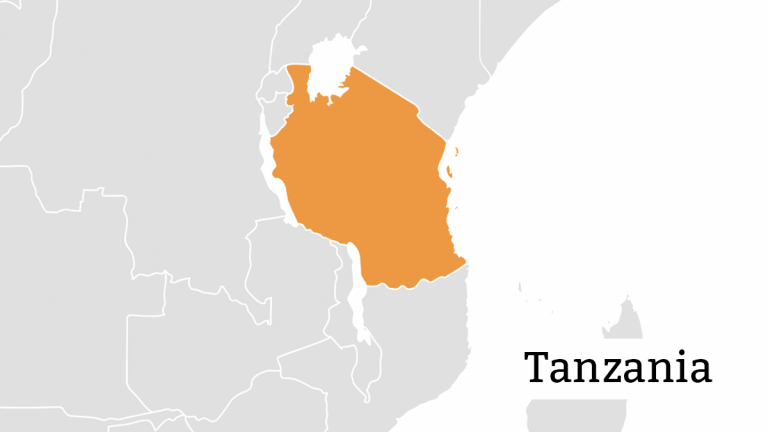
The decision to introduce a converged licensing framework paved the way for a more competitive telecommunications market and lower prices in Tanzania.
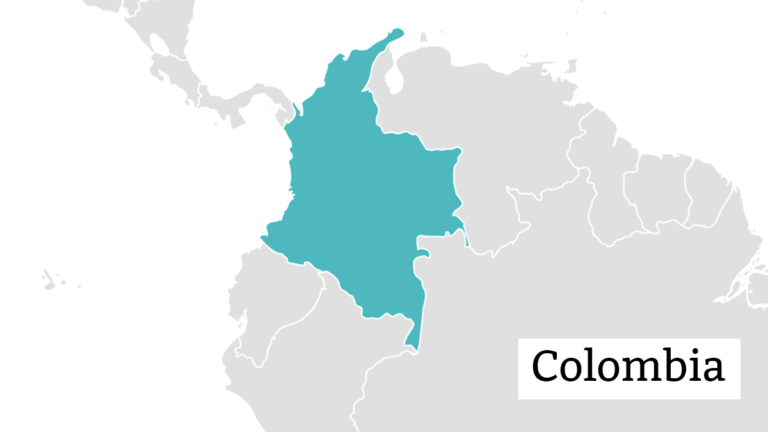
The regulator has continuously passed regulations to encourage passive infrastructure sharing as a means to expand mobile connectivity.
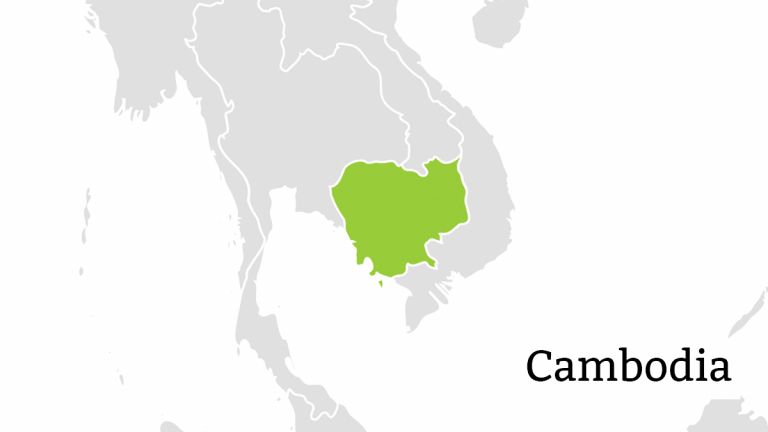
Cambodia, one of the poorest countries to reach the 1 for 2 standard, has seen mobile broadband affordability nearly double from 2015 through robust market competition and a welcoming regulatory environment.
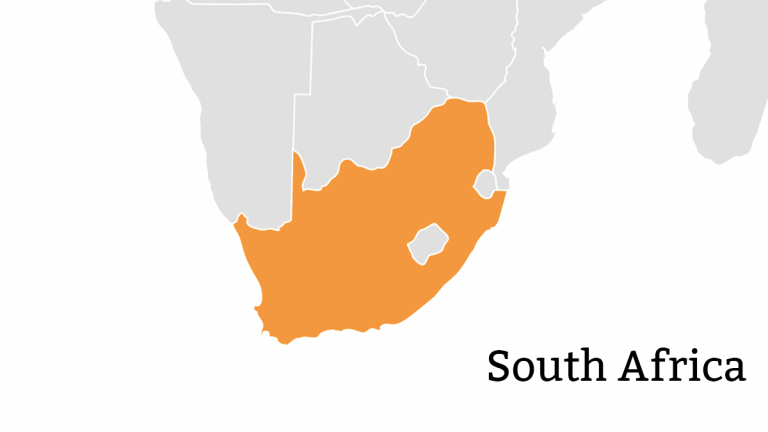
The South African regulator delivers on pro-consumer regulations as it engages with popular campaigns in the telecommunications sector.
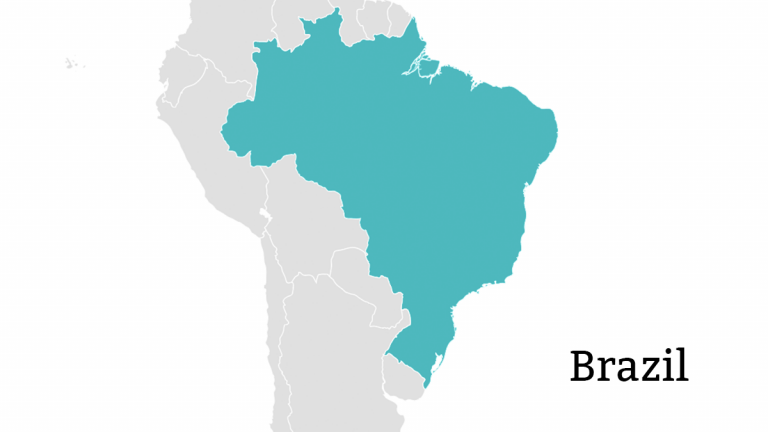
Winning the opportunity to host the World Cup and the Olympics in the same decade was a significant boost to Brazil during a period when it was one of the world’s fastest growing economies. However, this success drew attention to…
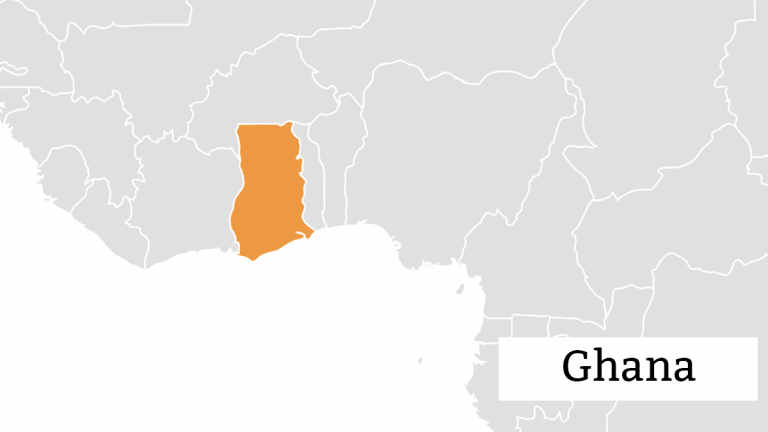
Launching the first mobile network in sub-Saharan Africa in 1992 and one of the first African countries to have full internet connectivity beginning in 1993, Ghana has long been a telecommunications leader. In 1994, the government launched the Accelerated Development…
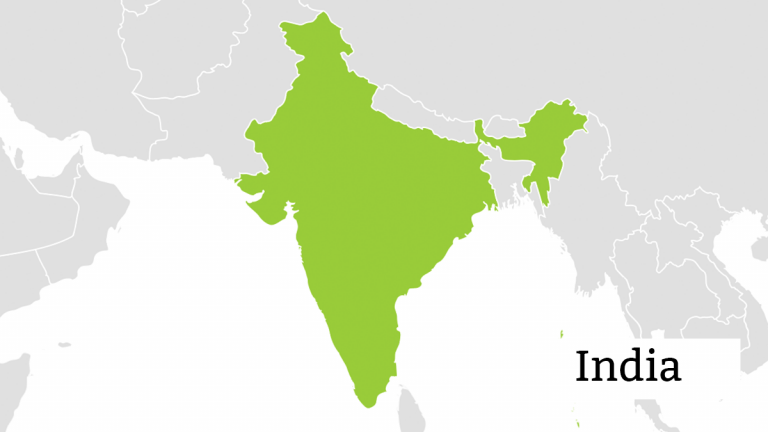
In India, participatory processes are an integral component for the regulator to develop the telecommunications sector and ensure that actions respond to the needs of all citizens. The Indian telecommunications market is one of the oldest in the world and…
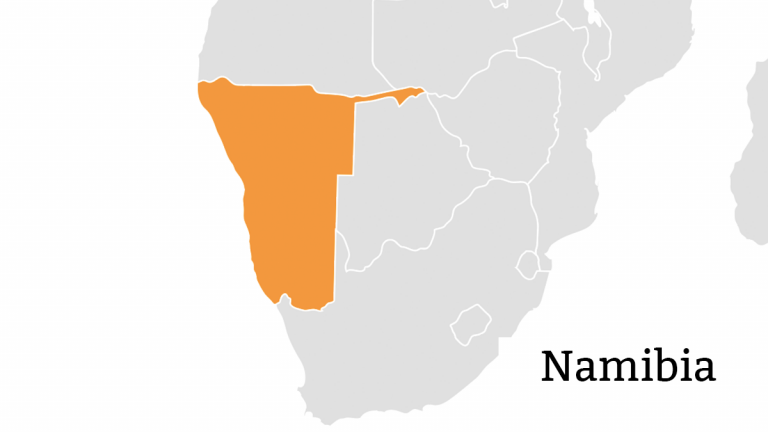
By creating an enabling regulatory environment and an empowered regulator that relies on evidence to make its decisions, Namibia has put broadband within reach of nearly three quarters of its population.




